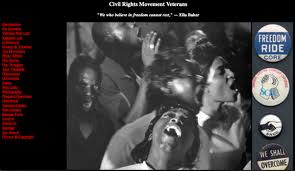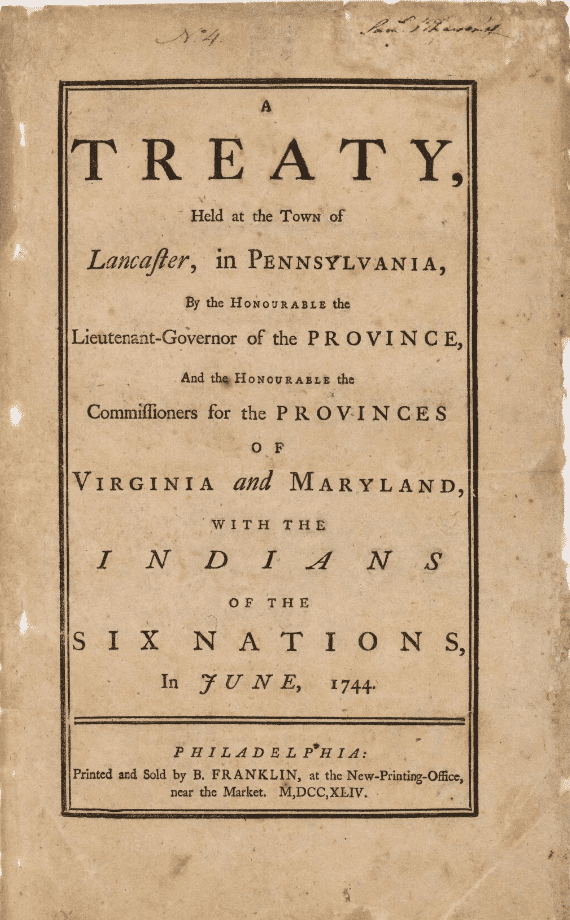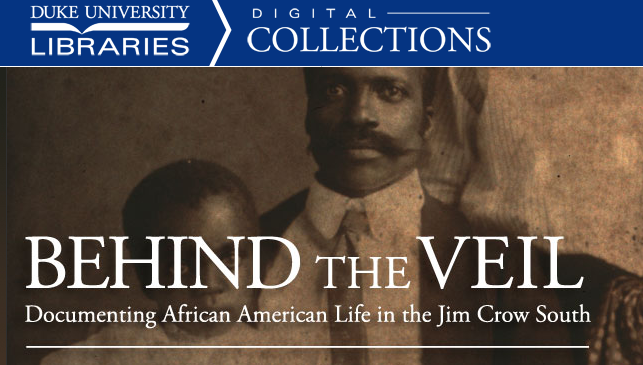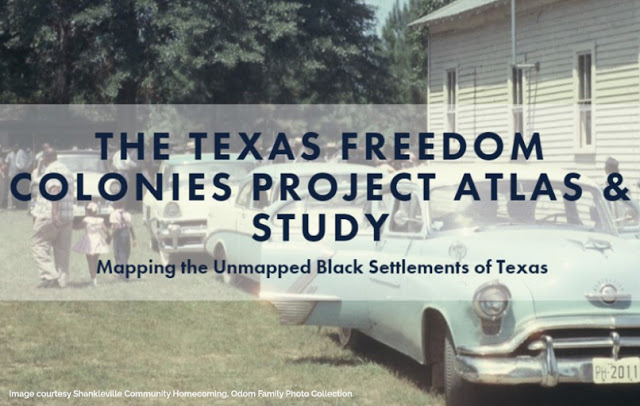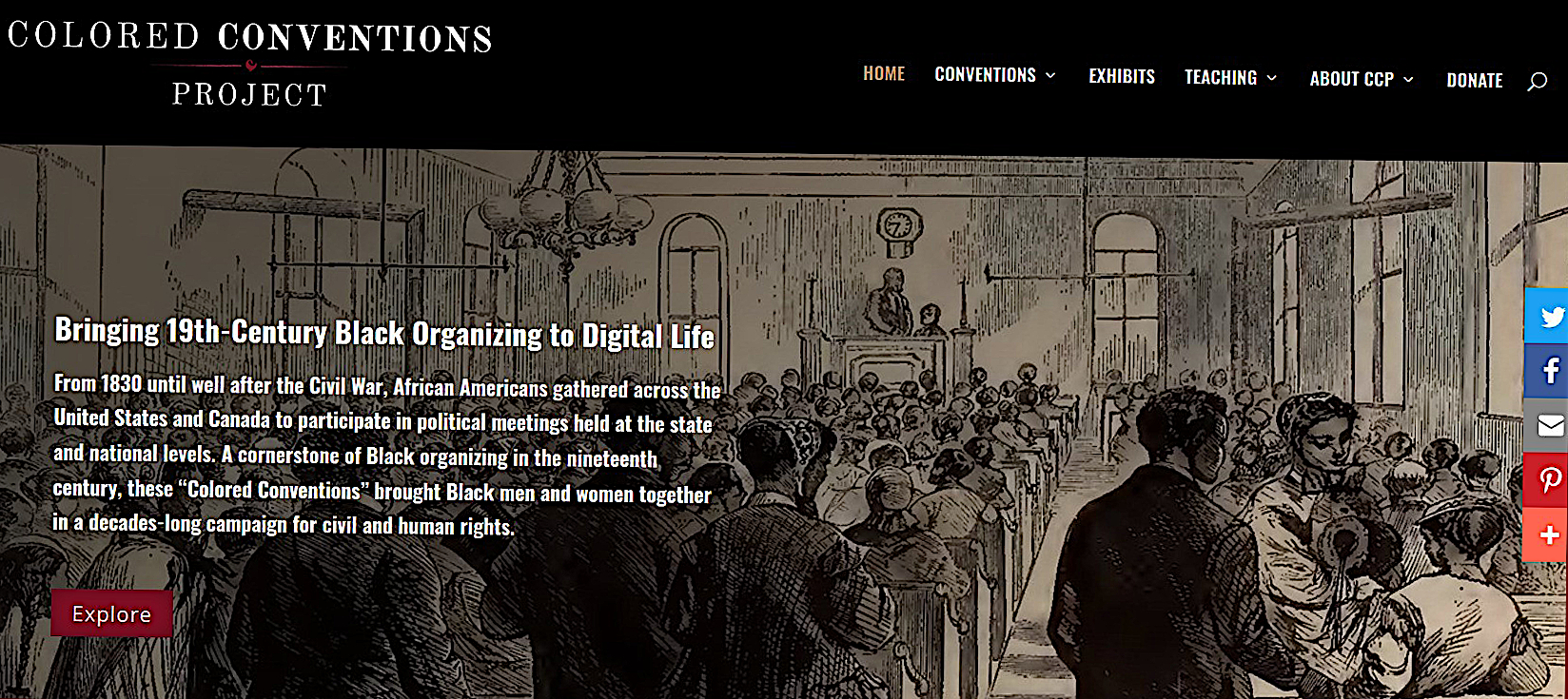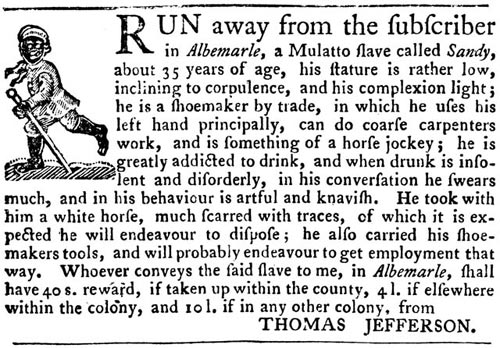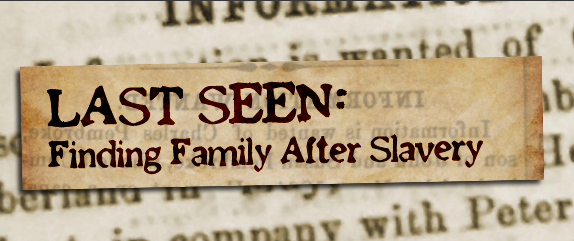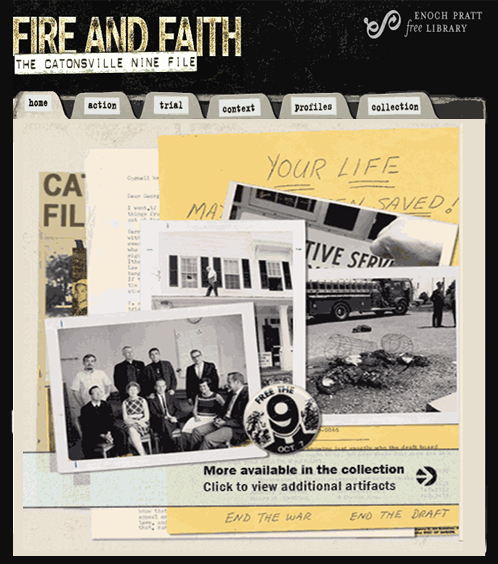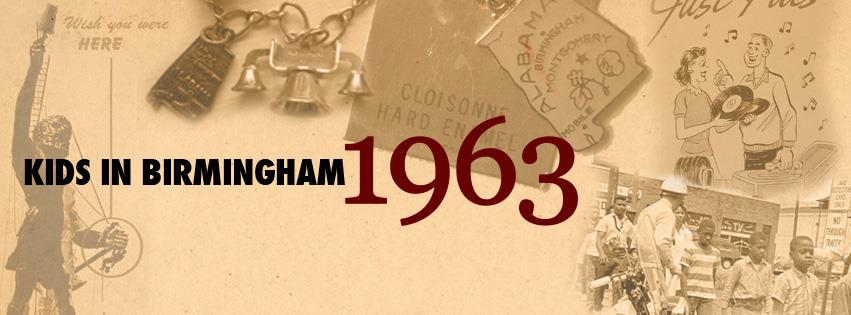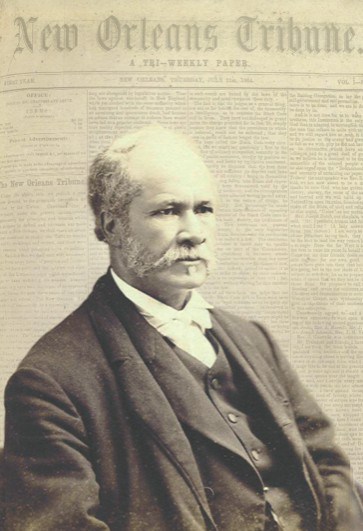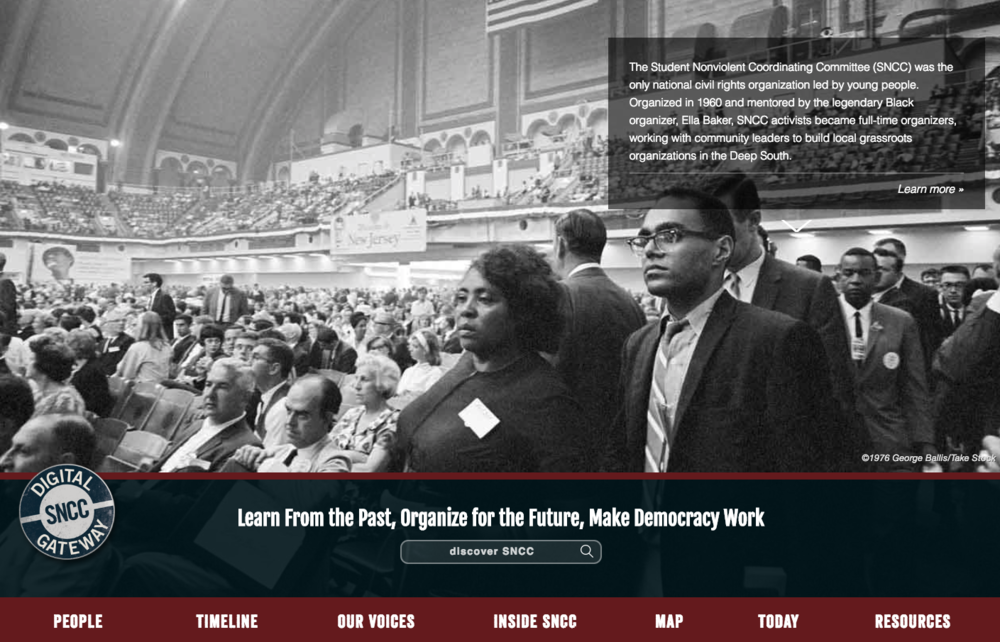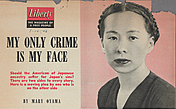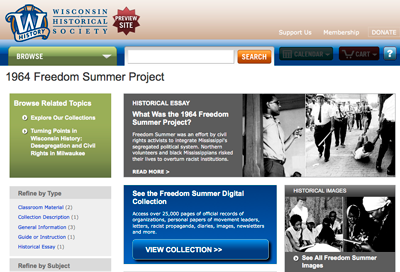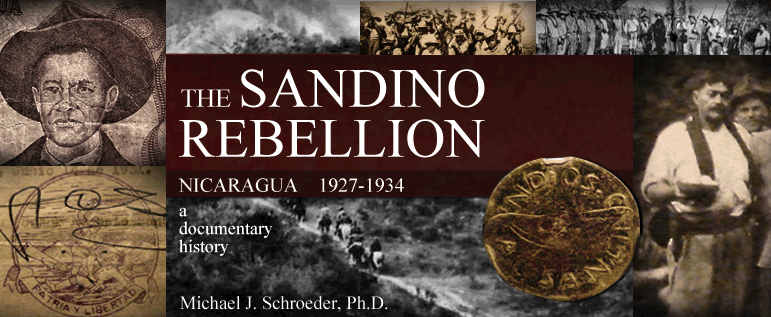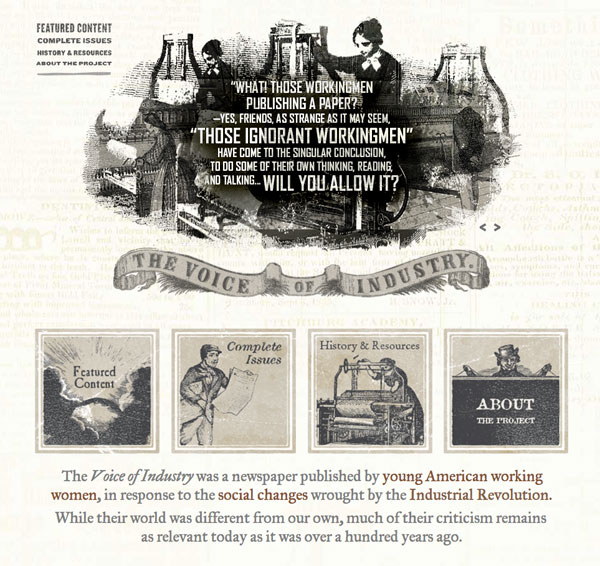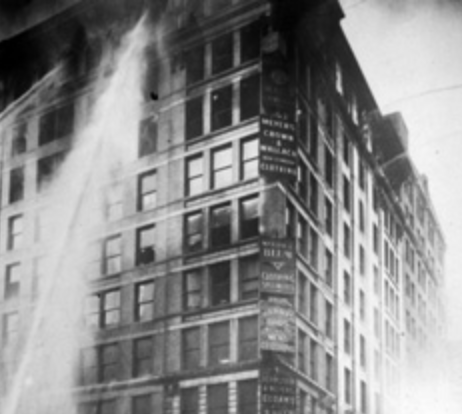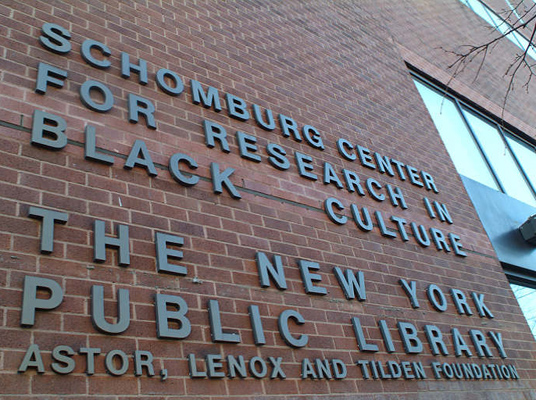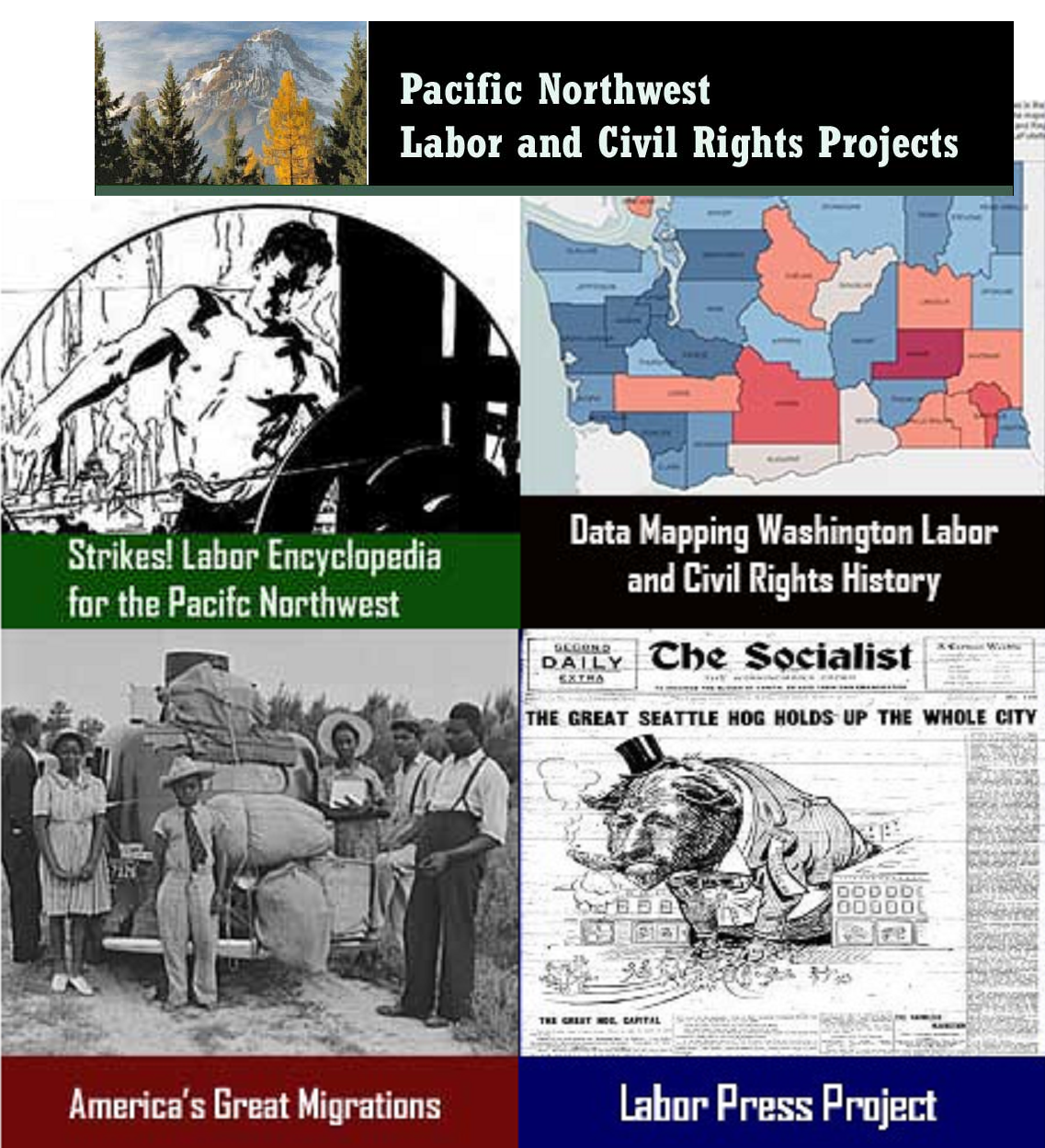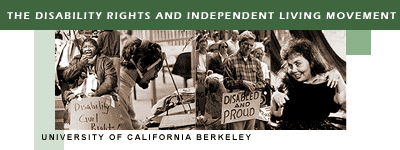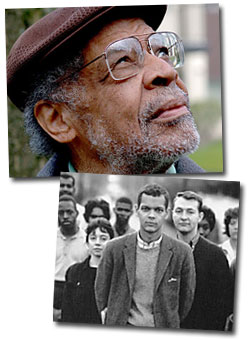Digital collection. Resources on the Southern Freedom Movement compiled by those who lived it. Includes a bibliography, timelines, photos, primary source documents, and lists of speakers.
Continue reading
Digital collection. View digitized historic treaties between Indigenous tribes and the U.S. government alongside key historic works that provide context to the agreements made and the histories of shared lands.
Continue reading
Digital collection. Oral history interviews chronicling African-American life during the age of legal segregation in the American South, from the 1890s to the 1950s.
Continue reading
Digital collection.
Through this website, over 130,000 voyages made in the Trans-Atlantic and Intra-American slave trade can be searched, filtered, and sorted by variables including the port of origin, the number of enslaved Africans on board, and the ship's name.
Continue reading
Digital collection. This digital mapping project documents historic Black settlements, called "freedom colonies," founded across Texas from 1866-1930.
Continue reading
Digital collection. A repository for primary sources and collection of essays about the origins, activities, and influence of the 19th-century Colored Conventions Movement that advocated for Black civil and human rights.
Continue reading
Digital collection. Crowdsourcing project that provides access to information, through thousands of print advertisements, about freedom-seekers and their would-be enslavers in the 18th and 19th centuries.
Continue reading
Digital collection. The Library of Congress has launched an online collection of oral history interviews with Civil Rights Movement veterans.
Continue reading
Digital collection. This website publishes thousands of “Information Wanted” advertisements taken out by people freed from slavery who are searching for family members who had been sold apart.
Continue reading
Digital collection. Features documents, photos, and audio and video accounts about the Catonsville Nine who burned Vietnam war draft files.
Continue reading
Digital collection. A resource for the stories of people who were children in Birmingham in 1963.
Continue reading
Digital collection. The work of Dr. Louis Charles Roudanez, founder of the first Black daily newspaper in the U.S., the New Orleans Tribune, with articles, excerpts, videos, and a timeline.
Continue reading
Digital collection. Historical materials, profiles, timeline, map, and stories on SNCC’s voting rights organizing.
Continue reading
Digital collection. Firsthand accounts and primary sources of the incarceration of Japanese Americans during WWII.
Continue reading
Digital collection. Resources and programs on the history and legacy of the Abraham Lincoln Brigades.
Continue reading
Digital collection. Extensive collection on the Civil Rights Movement and the Mississippi Freedom Summer Project of 1964.
Continue reading
Digital collection. Over 3,300 documents from the Sandino Rebellion in Nicaragua, 1927-1934.
Continue reading
Digital collection. Records of the Voice of Industry newspaper, published by young women in Lowell, Mass. from 1845-1848.
Continue reading
Digital collection. Extensive online archive of primary documents on the Triangle Factory Fire.
Continue reading
Digital collection. Center for the study and promotion of the histories and cultures of peoples of African descent.
Continue reading
Digital collection. Features 11 projects on labor and civil rights movements in the Pacific Northwest with oral histories, primary documents, and more.
Continue reading
Digital collection. More than 100 oral histories with leaders and shapers of the disability rights and independent living movement.
Continue reading
Digital collection (website). Life and work of Studs Terkel, prize-winning author, radio broadcast personality, and people's oral historian.
Continue reading
Digital collection. Developed by Mark Gregory. Over 700 union songs in an easy to search and regularly updated online collection with lyrics and audio.
Continue reading
Digital collection. Explores the historical context and stories of individuals who have been targets of U.S. government surveillance during the 20th century.
Continue reading

